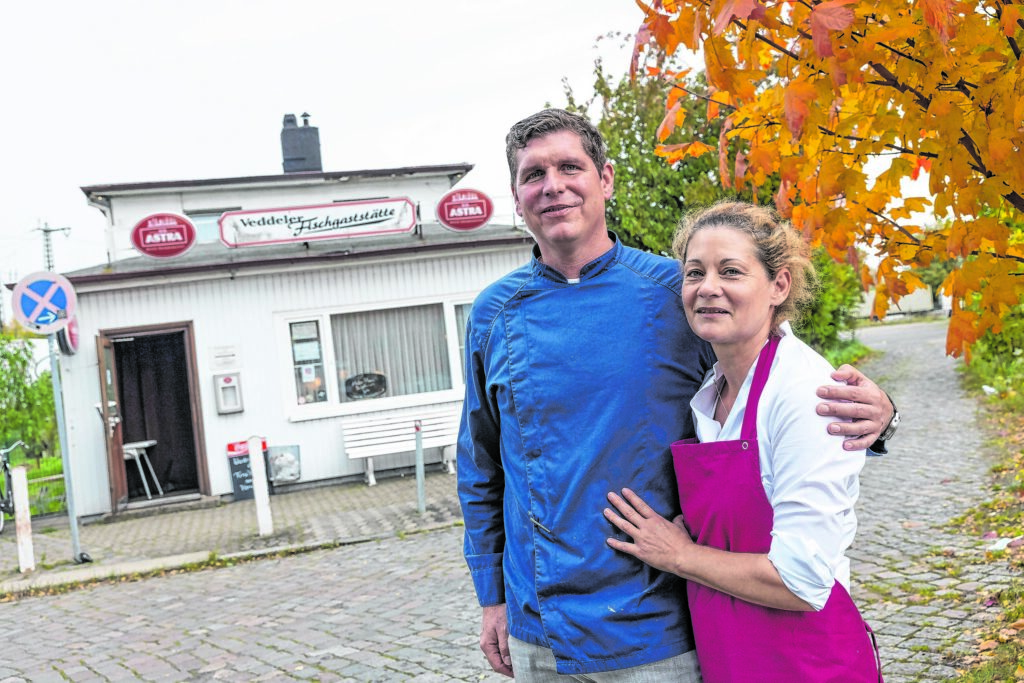ANP extension
ANNOUNCEMENTS•
-
Andre Meinema
Economics journalist
-
Andre Meinema
Economics journalist
The past year has been quite disastrous financially, a year of losses and high prices. It was unprecedentedly turbulent and uncertain, and we went from one crisis to another. The news ranged from war to the energy crisis, from skyrocketing inflation to the climate crisis, from housing shortages to energy poverty. Meanwhile, the economy is booming and people are clamoring for staff everywhere.
The Dutch citizen has become much poorer this year. Unprecedented inflation of over 10% is taking a hit. High energy prices and expensive spending empty your wallet. The focus is on affordability and income, energy poverty and food banks, higher wages and benefits.
savings
Savings yield little, with current savings interest they are just crumbs. According to De Nederlandsche Bank (DNB), household savings have grown by €33 billion this year, despite minimal interest on savings. It is true that the piggy bank has increased significantly during the corona pandemic because we have been able to spend less due to the lockdowns, but we are making good money this year and have more left.
At the end of October, Dutch households together had savings of €422.8 billion. So we’re not sitting on the black suit, just that money is now about 10% cheaper due to inflation.
invest
The financial markets have also been hit by all the turmoil this year. The war in Ukraine, high energy prices and raging inflation, and then higher interest rates and the fear of a recession, stock prices have zigzagged with ups and downs. It’s actually surprising that the losses on the stock markets haven’t turned out to be bigger with all those bumps.
But investors have lost a lot of money this year. The financial markets fluctuated throughout the year in the wake of the crisis, high inflation and the increase in interest rates and the equity markets closed the year down. They talk to the VEB investors’ association about a “miserable stock market year”, as a group of investors lost a lot of money due to lower share prices.
The Netherlands has 8.1 million households, of which, according to stock market regulator AFM, 1.9 million households actively invest in stocks, bonds and investment funds. As of November 2022, total investments amounted to €161.8 billion. At the beginning of the year it was still 182.8 billion euros, which means that this group of investors lost 21 billion euros.
The energy company Shell is the most popular among households investing in stocks: that’s where the most money has been invested, almost 5 billion euros. In addition to Shell, ASML, ING, Unilever and Ahold can also count on an investment of billions, in addition to Tesla and Apple, according to digits from DNB.
Scholarships
Most exchanges ended the year with losses, the Amsterdam AEX, for example, ending the year down 13%. Elsewhere in the world it is no better, for example, the annual loss on Wall Street for the Dow Jones is 10% and the Nasdaq tech stock is 34% lower at the end of the year.
On the stock market, there are stocks that have managed to gain valuations this year, including oil and gas group Shell and telecommunications company KPN. The rest of the shares suffered price losses, sometimes heavy. For example, medical technology company Philips lost 57%, payment platform Adyen 44% and meal delivery company Just Eat Takeaway 59%.
Add high inflation to the large stock market loss and you, as an investor, have a 20% decrease in purchasing power. The investments thus offered no protection against inflation this time around. Investing in bonds didn’t work either, rising interest rates caused prices to fall and one of the worst investing years ever.
interest
To deal with raging inflation, central banks, led by the US Fed, started raising interest rates. Higher interest rates hold back investment and credit, and demand for goods and services falls, causing the economy to cool and inflation to fall. This stages an economic recession of a few quarters.
Central banks are far from exhausted with interest rates. Perhaps at a slightly slower pace than so far, but interest rates will continue to rise sharply over the next few months into the summer. According to DNB chairman Klaas Knot, the European Central Bank’s interest rate is only half of what it needs to be. “The risk of doing too little is even greater than that of doing too much,” Knot recently told the Financial Times.
Investors are generally wary of higher interest rates because they aren’t good for the stock price of companies that were financed with a lot of borrowed money. Tech companies and growth companies in particular have run into trouble in recent months due to rising interest rates, because they are often kept afloat on borrowed money.
bitcoins
It was also a dramatic year for the cryptocurrency industry. Bitcoin and other cryptocurrencies don’t appear to be a stable anchor in uncertain times. Cryptocurrency companies have fallen prey to fraud and theft in the absence of regulation and oversight.
The cryptocurrency market has shriveled up. At its peak in November 2021, cryptocurrencies had a combined market value of $4 trillion. Now it’s down to $800 billion.
In short, neither savings nor investments nor bitcoin have managed to beat inflation.


